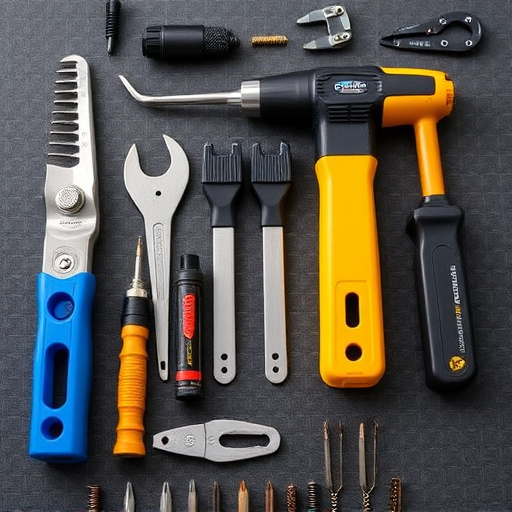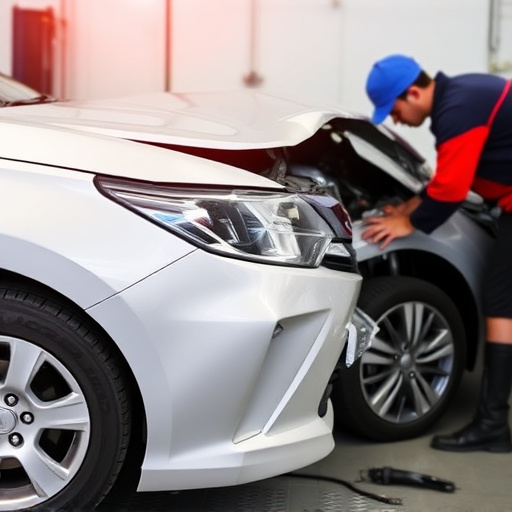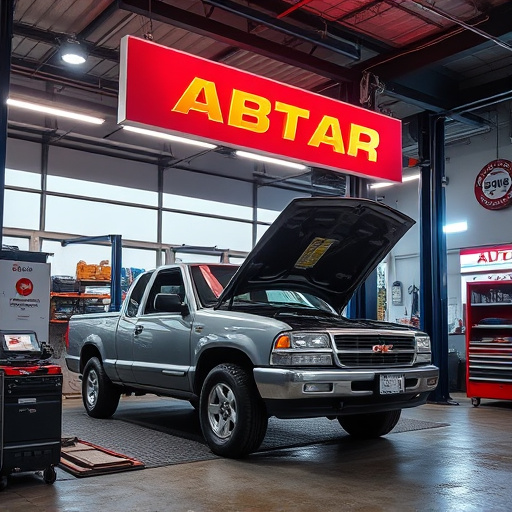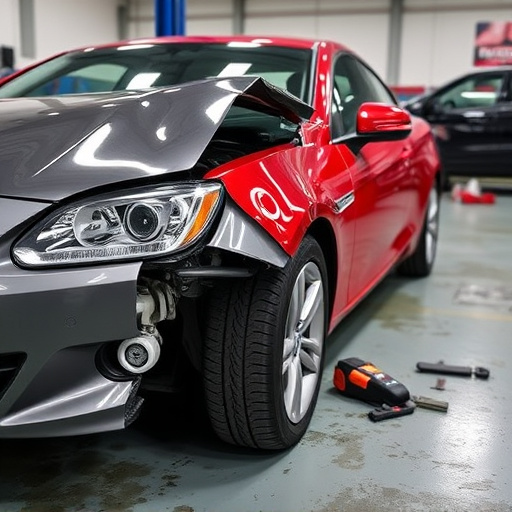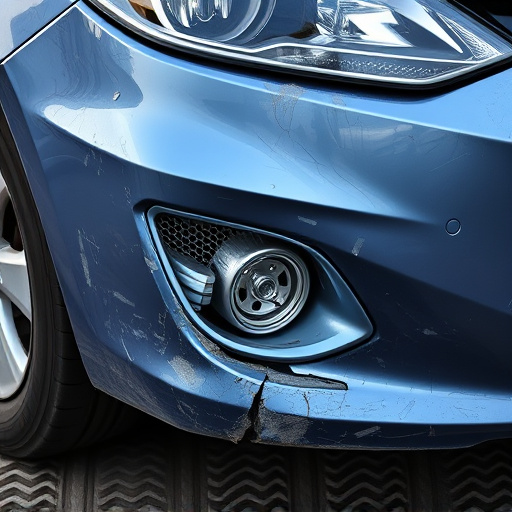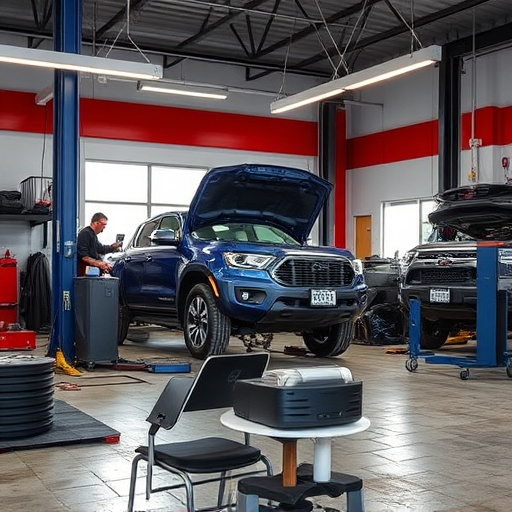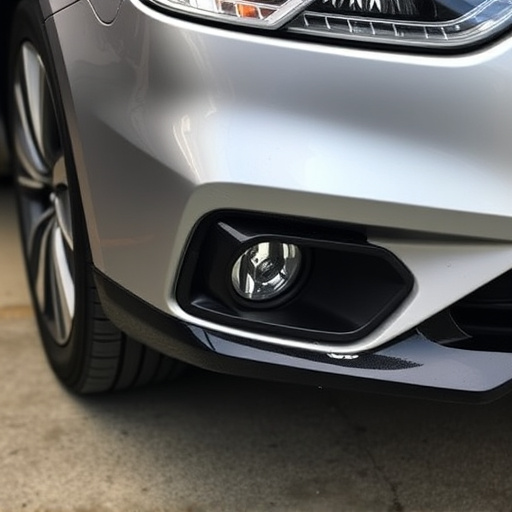Auto collision repair shops provide diverse car repair services, manage insurance claims, and coordinate with stakeholders. Effective partnerships with dealers enhance this process through clear communication, timely updates, and feedback, leading to tailored, high-quality repairs. To excel in a competitive market, shops should monitor KPIs like repair efficiency, cost accuracy, and customer satisfaction, fostering long-term relationships through transparent communication, personalized services, and convenient features.
Collision repair shops play a vital role in the automotive industry, ensuring vehicles return to safe and road-ready conditions. This article provides dealership recommendations to optimize collision repair operations. We explore the unique dynamics of these shops, highlighting key performance indicators and best practices for customer engagement and retention. By understanding the intricacies of auto collision repair shop management, dealers can enhance their services, foster stronger relationships with customers, and ultimately drive business growth.
- Understanding Auto Collision Repair Shop Dynamics
- Key Performance Indicators for Collision Shops
- Best Practices for Customer Engagement and Retention in Collision Repair
Understanding Auto Collision Repair Shop Dynamics
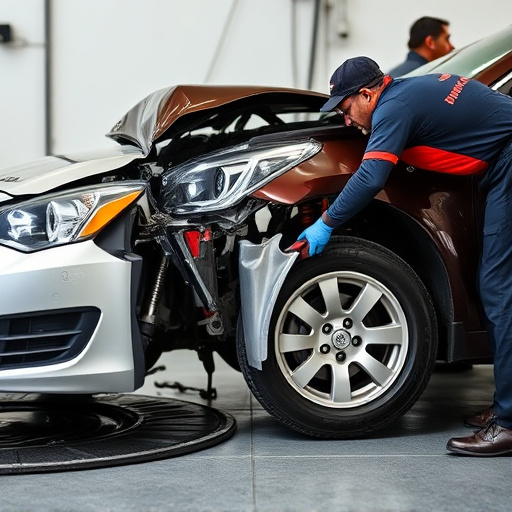
Auto collision repair shops are complex operations with intricate dynamics that dealers should understand to foster effective partnerships. These shops are designed to handle a wide range of car repair services, from minor dents and scratches to major structural damage, often involving complex paintless dent repair techniques. The environment is typically fast-paced, requiring skilled technicians to manage time efficiently while ensuring quality work.
Dealers should recognize that collision repair shops operate as specialized facilities with unique challenges. They deal with insurance claims, vehicle estimates, and coordination with various parties, including body shop managers, mechanics, and customers. Effective communication and transparency are key; dealers can contribute by providing clear specifications, timely updates, and feedback, allowing the collision repair shop to deliver superior car repair services tailored to each vehicle’s needs.
Key Performance Indicators for Collision Shops
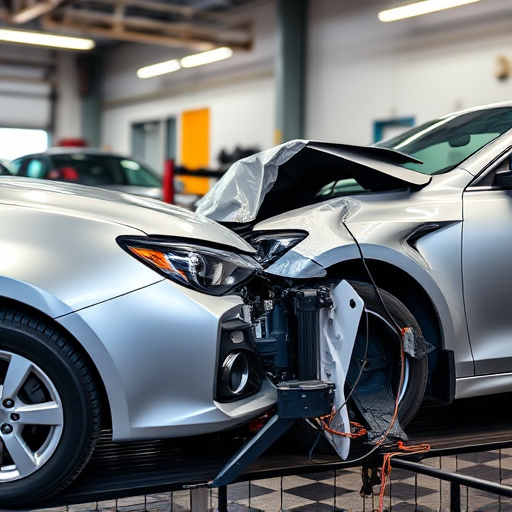
Collision repair shops, also known as auto collision centers, play a vital role in the automotive industry by providing expert services for vehicle damage repairs, ranging from minor fender benders to extensive accidents. To ensure their success and maintain high standards, these shops should focus on tracking specific Key Performance Indicators (KPIs). One of the primary KPIs is repair efficiency, which measures the time taken to complete repairs, including diagnosis, parts replacement, and painting. Efficient collision repair services not only reduce customer wait times but also enhance overall satisfaction levels.
Another crucial KPI is cost accuracy, ensuring that the repair costs are accurately quoted and aligned with the scope of work. This includes precise estimates for tasks like vehicle dent repair, car paint repair, and body panel replacement. Effective cost management not only helps in maintaining profitability but also fosters trust between the dealership and its customers. Additionally, monitoring customer satisfaction ratings is essential, as it reflects the overall quality of service provided, from initial assessment to final vehicle handover. Happy customers are more likely to return for future repairs, fostering long-term relationships with both the shop and the dealership.
Best Practices for Customer Engagement and Retention in Collision Repair
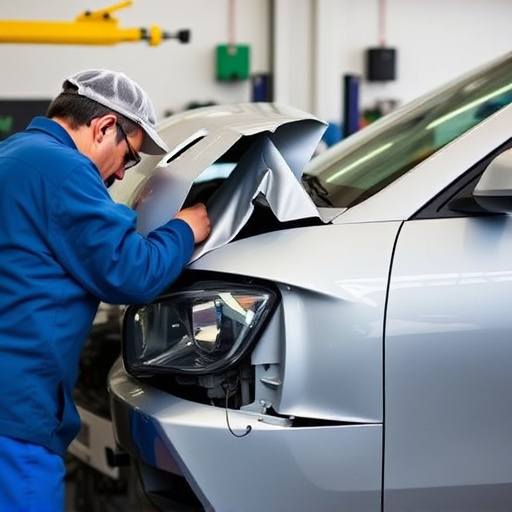
In the competitive landscape of auto collision repair shops, customer engagement and retention are paramount to success. The best practices start with transparent communication and consistent updates throughout the vehicle repair process. Keeping customers informed about their car’s status fosters trust and satisfaction. A simple text update or email newsletter can go a long way in ensuring clients feel valued and appreciated.
Moreover, offering personalized services and prioritizing customer convenience enhances retention. Collision damage repair doesn’t have to be a stressful experience. Shops can implement this by providing comfortable waiting areas, offering shuttle services, and ensuring quick turnaround times. Building strong relationships with customers through these initiatives encourages repeat business and positive word-of-mouth referrals, ultimately positioning the collision center as a trusted partner in vehicle care.
Collision repair shops can optimize their operations by understanding industry dynamics, tracking key performance indicators, and implementing best practices for customer engagement. By focusing on these strategies, auto collision repair shops can enhance efficiency, build stronger client relationships, and ultimately drive growth in a competitive market. Embracing these recommendations will position collision repair businesses for long-term success while meeting the evolving needs of vehicle owners.



